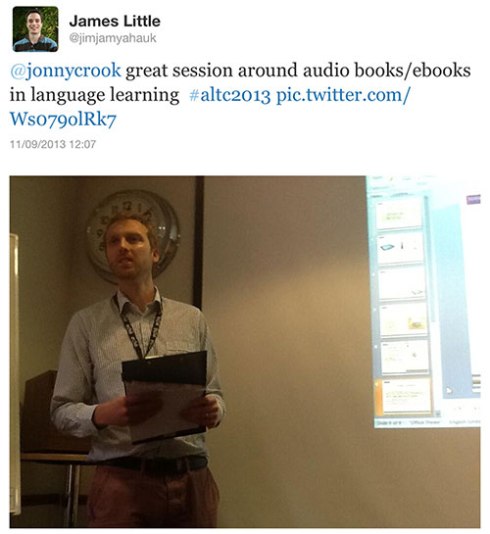This presentation took place on 4 January 2018 by Jonny Crook and Andrew Gold, Learning Technologists at The University of Manchester.
Original paper submission:
Blackboard: Experiences using a Standard Course Structure for Course Design
This paper will explain our approach to providing a ‘Standard Course Structure’ (SCS) for academics to use for their Blackboard course spaces and to provide a more consistent student user experience. A course template is created for academics to use based on course design, pedagogical approaches and student user experience. The template is set up ready to be populated with course content, assessment material and other useful information to help and guide the staff and student teaching and learning experience.
We will look at the purpose of using this approach and within Blackboard, we will demonstrate key features and content of the SCS and the benefits to teaching staff.
We will look at how the template aims to provide a more consistent student experience with easy to find information such as study skills and School procedures. Preloaded information allows resources to be found in the same location and ensure information and web links are up-to-date.
We will talk about using a SCS tailored for each of our five Schools within the Faculty of Humanities, and the variations and bespoke content required for them.
We will look at our delivery approach for the roll-out of each SCS at key times during the academic year; our experiences—good and bad— in encouraging academic uptake of the SCS and Blackboard data showing us the outcome in implementing the SCS.
The session will be presented by Jonny Crook and Andrew Gold, Learning Technologists within The Faculty of Humanities, The University of Manchester. The Humanities eLearning Team supports five Schools, 1,000 academic staff and approx. 2120 Blackboard courses for 18,000 students.

 Uncategorized |
Uncategorized | 
 Posted by Jonny Crook
Posted by Jonny Crook 

